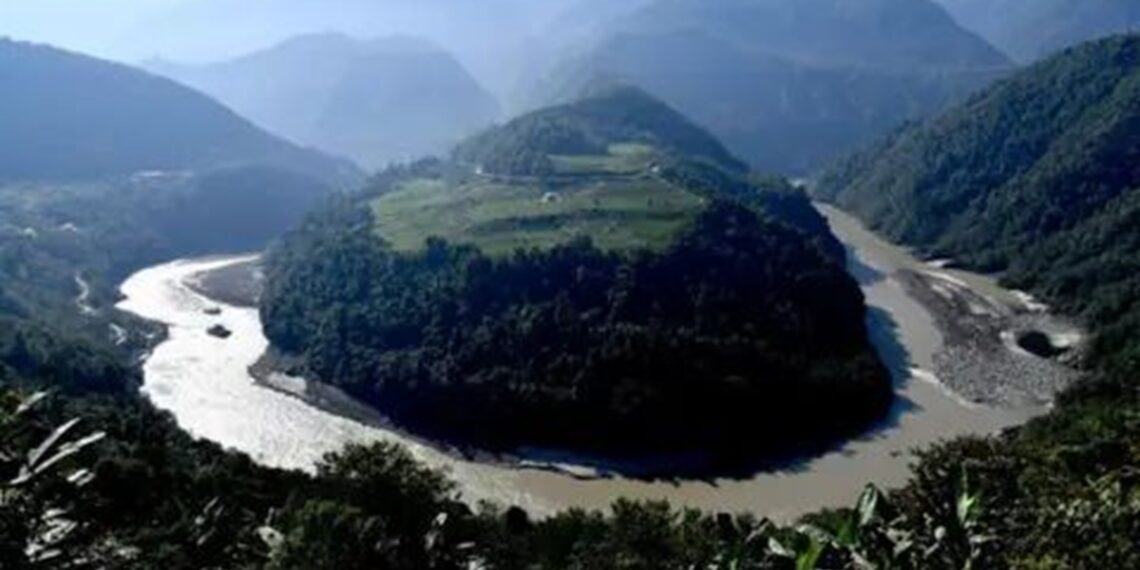Beijing: China has reiterated its commitment to building the world’s largest dam on the Brahmaputra River in Tibet, near the Indian border.
China asserted that the project has undergone rigorous scientific scrutiny to ensure it poses no harm to downstream countries, including India and Bangladesh.
The massive hydropower project, estimated at $137 billion, is planned along the Yarlung Tsangpo River (as the Brahmaputra is known in Tibet) in a seismically sensitive Himalayan region.
Despite concerns from neighboring countries, China claims the dam will benefit disaster prevention, climate change response, and regional ecology.
Chinese Foreign Ministry spokesperson Guo Jiakun, addressing a press briefing on Monday, emphasised that the project is scientifically verified and will not negatively affect water flow, ecology, or geological stability in downstream regions.
Instead, he argued, the dam would aid in mitigating disasters and managing hydrological extremes.
ALSO READ: Assam CM urges industries to avoid hiring illegal Bangladeshi migrants as ‘cheap labour’
India, however, has expressed concerns about the potential impact of the mega-dam on its water resources and downstream ecosystems.
In a statement earlier this month, Indian External Affairs Ministry spokesperson Randhir Jaiswal called for transparency and urged China to consider the interests of lower riparian states like India and Bangladesh.
“As a lower riparian state with established user rights, we have consistently voiced our concerns over upstream mega projects through diplomatic and expert-level channels,” Jaiswal said, reaffirming India’s commitment to monitoring developments and protecting its interests.
The dam is planned near a dramatic bend in the Brahmaputra, where it enters Arunachal Pradesh and eventually flows into Bangladesh.
While China maintains that its hydropower initiatives aim to enhance clean energy production and counter climate change, New Delhi has requested greater transparency and consultation on such projects.
The issue reportedly came up during talks between US National Security Advisor Jake Sullivan and Indian External Affairs Minister S. Jaishankar during Sullivan’s recent visit to Delhi.
dialogue also reviewed broader strategic cooperation between India and the US.
China’s earlier statements echoed similar assurances, with Foreign Ministry spokesperson Mao Ning emphasising in December that the project is designed to address safety concerns and will not adversely affect downstream nations.
ALSO READ: HMPV outbreak in China: Union Health Ministry monitors influenza cases in country
“We will continue communication with lower riparian states through established channels to enhance cooperation in disaster prevention and relief for the benefit of people along the river,” Mao said.
Despite China’s reassurances, India remains vigilant about the ecological and geopolitical implications of the dam, as it could significantly alter the flow dynamics of one of South Asia’s most critical rivers.
The project has also heightened calls for international oversight and collaborative water-sharing agreements in the region.















